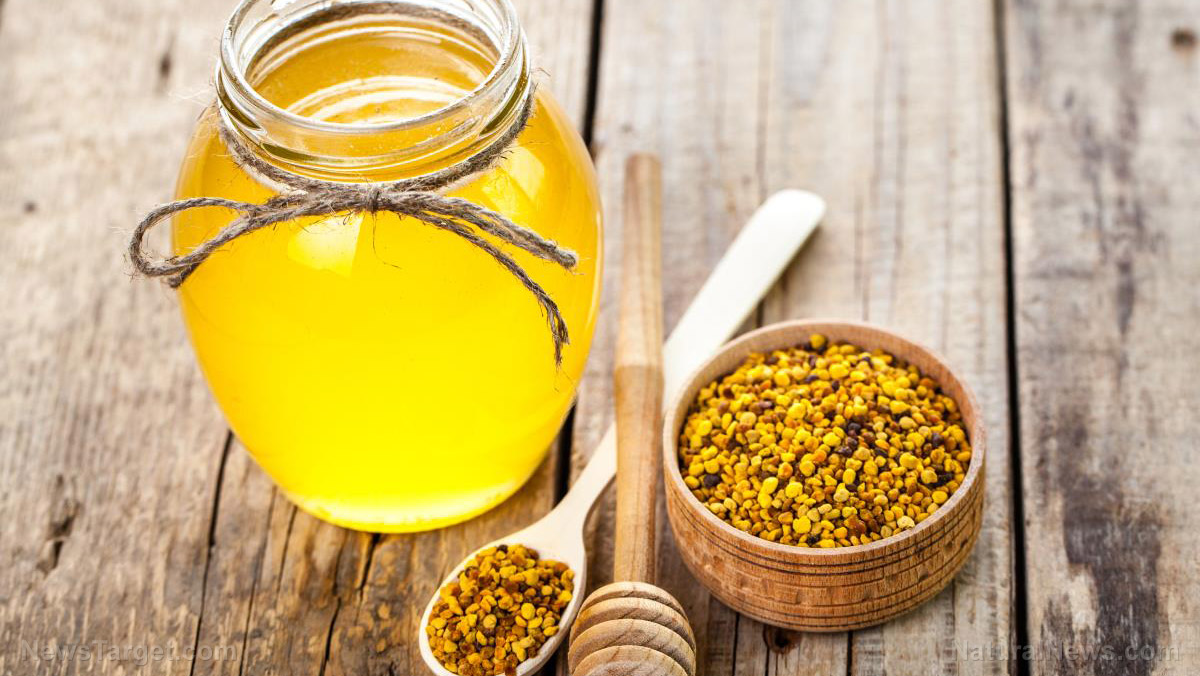
The five-year study out of Denmark monitored 100,000 people who had recently suffered a heart attack. About half of the patients were prescribed an NSAID and the other half were not. The researchers followed the patients for one year and found out that the NSAID users were 60 percent more likely to die from a second heart attack in a year’s time, compared to the patients who did not take an NSAID. For every 100 patients who took an NSAID, there were 20 deaths within one year. For every 100 who didn’t take a pain drug, there were 12 deaths. The correlation continued into the fifth year, with 9.5 deaths per 100 NSAID users and only 6 deaths per 100 in the non-medicated group.
The largest increase in heart attack rate was associated with diclofenac, an NSAID drug recognized by the brand name Cataflm. Medications that contain naproxen, such as Naproxyn and Aleve, were also associated with a second heart attack, but at a slightly lower rate. The Denmark study mirrors a 2013 study published in the Lancet. In that study, researchers investigated 353,000 individual cases from 639 clinical trials and found that NSAIDs increased patients’ risk of heart attack by one third. Most concerning, ibuprofen doubled the likelihood of patients suffering a heart attack. The mechanism by which the NSAIDs increase heart attack risk is unknown. The studies found that aspirin use does not put patients at an increased risk of a heart attack, but when combined with NSAIDs, aspirin’s blood thinning affects are diminished.
Make an anti-inflammatory tincture or use essential oils for topical pain relief
A safer alternative to NSAIDs are plant-based medicines that contain anti-inflammatory properties. To make this medicine, obtain at least 16 ounces of 80-90 proof vodka, an amber glass tincture bottle with eye dropper, a large mason jar, and a consortium of plants that possess anti-inflammatory properties. The goal is to draw out a spectrum of anti-inflammatory properties from the plants and extract the most from each. The finer the plant is in size, the easier it will give up its properties.
The plants needed to make this medicine include the following: 3 T shredded Jamaican dogwood bark, 3 T grated turmeric root, 3 T chopped passionflower herb, 3 T chopped fever few, and 5 T shredded white willow bark. Place each plant medicine into the Mason jar and cover completely with the alcohol. Stir the mixture daily for one month. The properties within the herbs will release into the alcohol. At the end of the month, strain the plant matter out and store the remaining alcohol solution in the amber tincture bottle. Use the medicine dropper to slowly introduce the plant-based alcohol solution under the tongue. The anti-inflammatory properties will enter the bloodstream faster this way.
Plant-based essential oils are available over the counter at most health food stores. The essential oil of peppermint can be applied topically to alleviate a sore muscle, an upset stomach, or a minor headache. Lavender and frankincense are also anti-inflammatory. Another factor to consider is hydration. How much clean water are you drinking through the day? Acupuncture can help with chronic pain, too. Additionally, headaches can be caused by synthetic fragrances, perfumes, laundry detergent, hair dyes, inflammatory diets, dairy allergies, or hormonal imbalances.
Seek immediate medical attention for persistent head and neck pain
If the pain is severe and/or persistent, don't ignore it. Covering up persistent pain with NSAIDs and herbal remedies could be a big mistake, especially if the pain is coursing through the neck and head region. Avoid chiropractic care for persistent neck pain! A persistent head and neck pain could be a sign of an artery dissection, especially if accompanied by blurry vision, loss of balance, sleep disturbance, and vomiting. In these cases, it's important to call 9-1-1 and consult a competent neurologist as soon as possible to prevent internal bleeding, loss of oxygen to the brain and/or stroke.
For more visit Heart.News.
Sources include:
Please contact us for more information.























